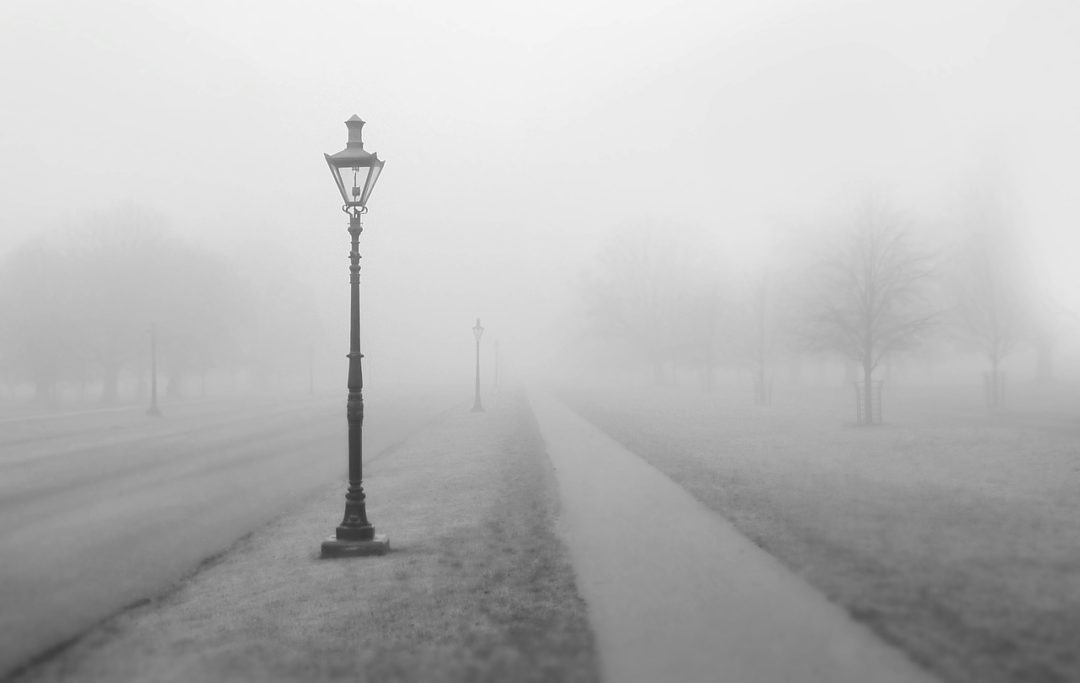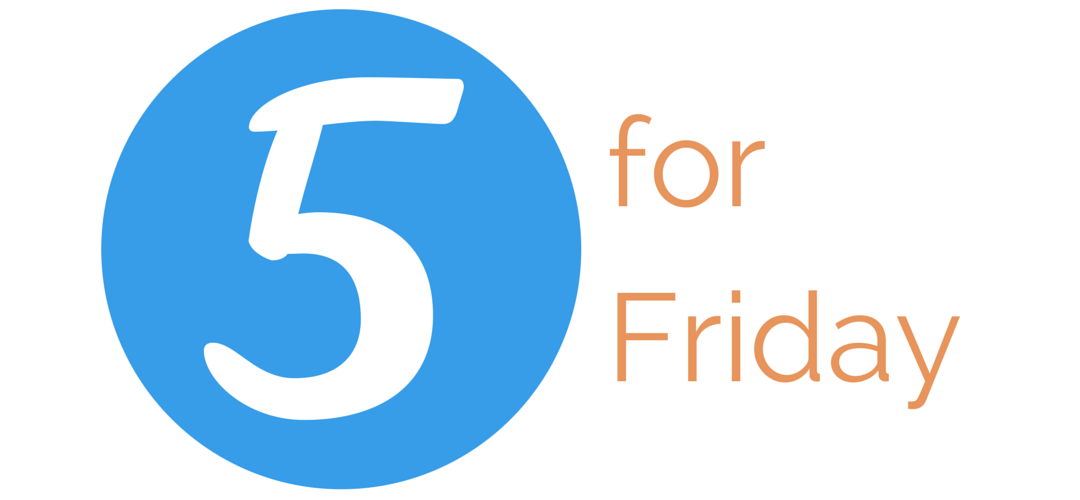This is the time of year when people start pondering their new year’s resolutions. As the old year begins to wind down, we start looking ahead at a blank calendar–a whole year filled with fresh possibilities. It’s hard not to feel inspired by that idea and overlook the struggle a resolution usually entails.
I gave up on making resolutions a long time ago. I did that, in part, because I was always making the same resolutions (eat better, exercise more, spend less, etc.) and giving up on them within the first few weeks of the new year. But I can’t feel too guilty about that since, only 8% of people who make resolutions actually follow through with them.
That figure suggests to me that we’re going about this goal-setting thing the wrong way.
I don’t think the problem is seeing the new year as a fresh start. I don’t even think it’s a matter of unrealistic goals. (That’s a problem for some of us, but most adults are honest enough to know what they really will and will not do.) The problem is that we think of resolutions in terms of the ends they’re meant to achieve, rather the struggles they will almost certainly involve.
Before I go any further here, I want to make sure you understand that I’m not suggesting struggle is a good thing in and of itself. I’ve written before about the danger of seeing adversity as a positive thing. Adversity doesn’t have to be our only teacher in life: kindness, compassion, and generosity offer important lessons as well. They help us become the people we want to become, much the way struggle can.
But when it comes to setting goals, we tend to focus on where we want to be by this time next year without thinking about the road we’ll have to travel in order to get there. If we aren’t willing to brave the road conditions, then we aren’t going to make the journey. And sometimes, honestly, the road conditions just don’t make that journey worth the effort it requires.
Perhaps, then, we should stop asking ourselves What do you want to accomplish this year? The better question is What conditions are you willing to brave on the journey toward your goal?
When I think about it that way–when I use the word brave as a verb, an action I can take, not just an adjective that describes me (or doesn’t, depending on the moment)–I’m suddenly thinking about my life in a whole different way. I’m asking myself about endurance and debating what kinds of sacrifices I’m willing to make. I’m thinking about the specific kinds of struggle I’ll have to undertake. Most importantly, I’m not thinking about the outcome of my journey.
Because, as we all know, I won’t get there without the struggle. No one ever does.
Here’s one small example. Over the past few months, I’ve completely let my exercise routine fall by the wayside. (Self-care is always the first thing to go, when my schedule gets hectic.) I want to start going back to the gym on a regular basis. But the big thing keeping me from a workout is the noise and chaos of the gym. After spending hours at work, all my introvert’s heart wants at the end of the day is peace and solitude. This is not what the gym is known for.
One alternative is to work out in the morning, before I’ve had my fill of people. But I know myself well enough to anticipate that this routine won’t last long. An alternative to the gym itself is a long, quiet walk through my neighborhood. Still, I bought a gym membership because I know it’s all too easy to talk myself out of that walk. I have a long list of excuses on hand for such occasions: too cold, too windy, too dark . . .
So how do I face the struggle to get back into an exercise routine? What conditions am I willing to brave? When I sort through the options, I realize I would rather head into the chaos of the gym in the afternoon than get up at 5 a.m.. Less quiet is more bearable than less sleep. Also, a whole quiet evening awaits when I get home, an immediate reward for my efforts. On those days when I really can’t face the chaos, that quiet walk is always an option. But it’s just a brief detour, not a reliable path toward my goal. I have to be honest about that.
The bigger question is, would I rather brave the path to feeling healthy or struggle with feeling sluggish? Either way, I’m dealing with something. And that’s what I have to remember: choosing not to go to the gym is also a journey. It’s just a different road, headed toward a different destination.
Chances are, you had goals for yourself when you were younger–goals that fell by the wayside. Most of the time, that happens because the struggle to achieve a goal becomes too great. We discover that other things feel more deserving of our time and energy. That doesn’t mean you weren’t tough enough to achieve your goal. It doesn’t even mean you failed. It just means you chose a different struggle. As a result, you wound up in a different place.
Think of it this way: every path that moves us forward takes us through a struggle of some kind. So the question isn’t how to avoid this–we’re all human. Struggle is unavoidable. As you start thinking about goals for the new year, consider the conditions you’re willing to brave on the journey that gets you there.





No Comments